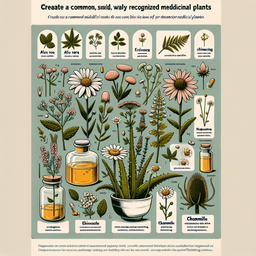Health and Medicine
Maintaining health and treating injuries and illness is critical for survival and rebuilding.
Hygiene and Sanitation
- Wash hands frequently with clean water and soap (can be made from ash and fat)
- Construct latrines away from living areas and water sources
- Dispose of waste properly by burying or composting
- Keep living areas clean and free of waste and rotting food
- Bathe regularly and wash clothing with soap and hot water when possible
- Ensure proper ventilation in living spaces to prevent respiratory issues
Herbal Medicine

- Learn to identify medicinal plants like yarrow, echinacea, calendula, and garlic
- Use honey as an antibacterial for cuts and burns
- Make poultices from crushed herbs to treat wounds and inflammation
- Brew herbal tea infusions to treat colds, flu, fever and upset stomach
- Use activated charcoal to treat poisoning and intestinal issues
First Aid

- Assemble a basic first aid kit with essential supplies
- Clean and irrigate wounds with clean water or antiseptic solution
- Apply pressure to stop bleeding
- Immobilize fractures and sprains with splints and wraps
- Recognize signs of shock and elevate legs, keep victim warm
- Perform CPR if someone has no pulse or is not breathing
Nutrition
- Eat a balanced diet including protein, fats, and carbohydrates from a variety of sources
- Preserve nutrient dense foods like vegetables, fruits, nuts and seeds for winter
- Supplement diet with vitamin rich herbs like dandelion, chickweed, and nettle
- Avoid foods that quickly spoil without refrigeration
Prioritize the health and wellbeing of the community. Train multiple people in medical skills. Quarantine the sick to prevent spread of disease. Take precautions when handling the deceased.
Back to Table of Contents

